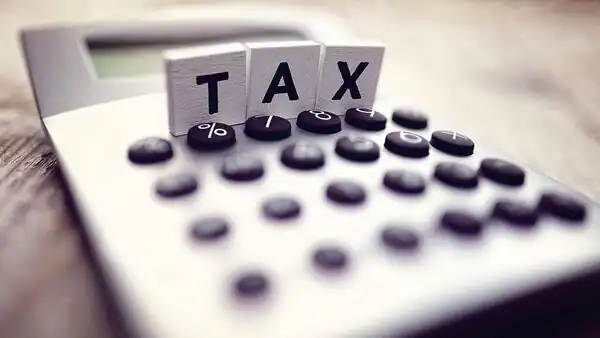 menu
menu
menu
menu

loans from 2030. This further reduces the total tax burden of some companies from around 33.75% of their earnings (when you add these three deductions to their income tax rate of 30%) to just 27% of their earnings.
7. Review of the VAT revenue sharing formula where states now take 55% of the revenue instead of 50% while the federal government’s share of VAT revenue shrinks from the current 15% to 10%. The share of LGAs remain the same.
8. Progressive increase in VAT rate from the current 7.5% to 10% in 2025; 12.5% between 2026-2029 and 15% from 2030.
9. Exemption of many basic items consumed by the poor from VAT such as food items, medical services and pharmaceuticals, educational fees, electricity etc.
10. Tax exemptions to encourage investment in both associated natural gas and non-associated gas.
The Nigeria Tax Administration Bill on the other hand is the bill that sets out how the tax authorities will administer the taxes, which include assessment, collection of, and accounting for the various tax revenues they collect. The bill also outlines the powers and functions of the tax authorities, which taxes are reserved exclusively for the NRS to collect and which ones are reserved for the states among other miscellaneous provisions relevant to the effective administration of tax in Nigeria.
agencies like Nigeria Customs Service, NUPRC, NPA, NIMASA etc.
Finally, the Joint Revenue Board Establishment Bill provided for the establishment of three separate bodies namely:
1. Joint Revenue Board of Nigeria to help harmonise all taxes in the country and scrap nuisance taxes while also creating a national database of taxpayers.
2. Tax Appeal Tribunal to settle tax disputes between tax authorities on issues such as residency for the purpose of personal income tax collection etc.
3. Office of the Tax Ombudsman to help taxpayers get justice if they feel aggrieved against the tax authorities.
The above summary shows at a glance that these four bills, contrary to what some mischievous persons are pushing out there, are meant to radically transform tax administration in Nigeria for greater efficiency. These bills will update our archaic tax laws and simplify our complicated tax ecosystem. Apart from these, the tax reforms clearly favours the low income earners and small businesses, which will be exempted from paying income taxes. These bills are simply pro-poor, pro-growth and pro-efficiency. Every patriotic Nigeria needs to back these tax reforms.

6 months ago
Sed ut perspiciatis unde omnis iste natus error sit voluptatem accusantium doloremque laudantium, totam rem aperiam.
Read more